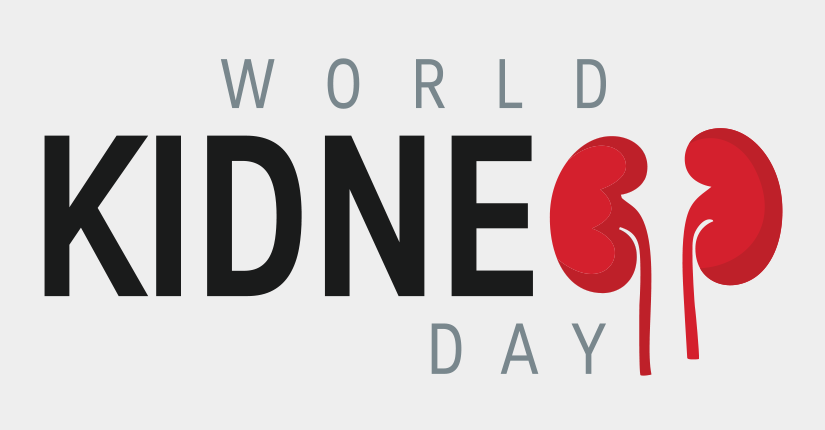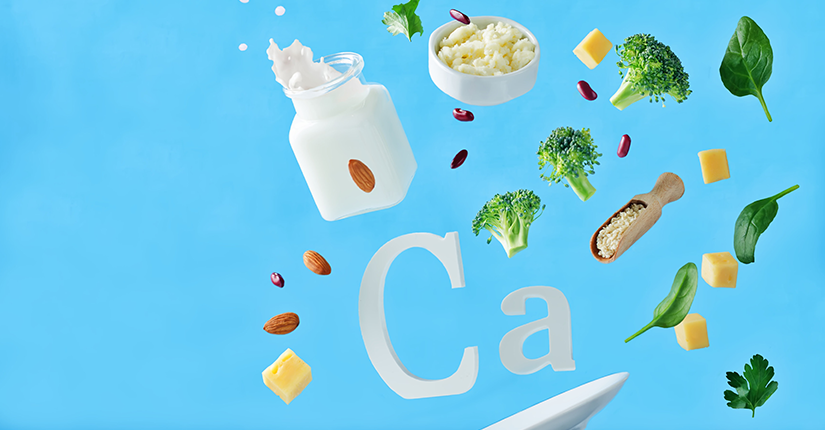World Kidney Day – High-Protein diet and Kidney Disease
By: Admin Date: 12-Mar 2021 Reading Time: 4 Mins

Physicians, dietitians, and other health care professionals tell us constantly about the advantages of a high-protein diet (HPD), such as losing weight rapidly, burning calories, diminishing appetite, preventing obesity, managing metabolic syndrome, and treating diabetes. If somebody dares to recommend a ‘low-protein diet’ (LPD) or, even worse, to imply that ‘HPD may cause harm’, then it would be considered a serious aberration to health. Though it may sound a bit odd, it’s always recommended to be on the side by understanding the consequences and being aware about such dietary complications which may create complications in the future. The amount of protein determines the filtration rate in our kidneys and that’s what we’ll try to understand today and bust the myths and spread the facts.
The relation between protein amount and filtration in the kidney.
Ingestion of a high-protein meal leads to increased glomerular filtration rate (GFR), resulting in ‘glomerular hyperfiltration’ as a result of the amino acid surge and increases the intraglomerular pressure. A glomerular hyperfiltration associated with a high-protein diet may lead to a higher risk of chronic kidney disease (CKD) or may accelerate the progression of pre-existing CKD
Lower intake of dietary protein may lead to more constriction of the afferent arteriole thus resulting in decreased intraglomerular pressure and lowered GFR. LPD is recommended to those with chronic kidney disease (CKD) or at risk of CKD, some of the examples of CKD are diabetic or obese patients with microalbuminuria and even those with a Solitary Kidney.
If the person is healthy and has a fully functional healthy kidney then a high protein diet is not considered to be dangerous, as any change in the filtration rate won’t cause any major or any consequences thus reducing the probability of vulnerability significantly. However in the case of a person who is a victim of any chronic kidney disease a high protein diet may invite consequences. Hence, a low protein diet (LPD) of 0.6–0.8 g/kg/day is often recommended for the management of CKD.
Over to you.
Protein is a determining factor in the filtration rate of our kidneys. An increase or decrease in the protein content affects the filtration rate and people who are a victim of any chronic kidney disease are recommended to follow a low protein diet to decrease the intraglomerular pressure. Follow the above-mentioned article to know about the effect of protein and understand the consequences. Stay safe, stay healthy.

















